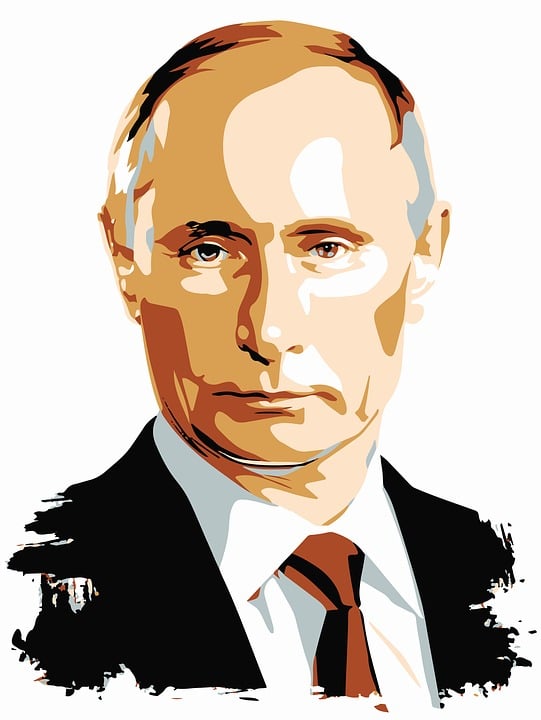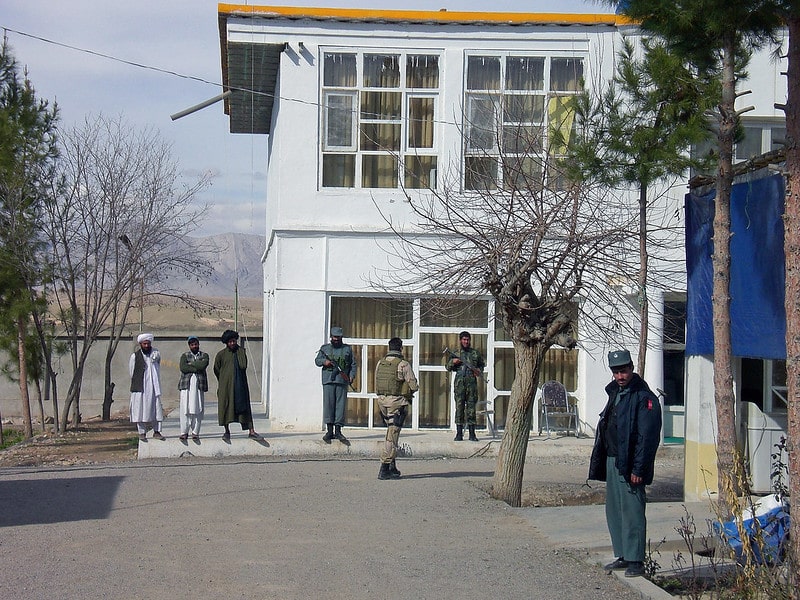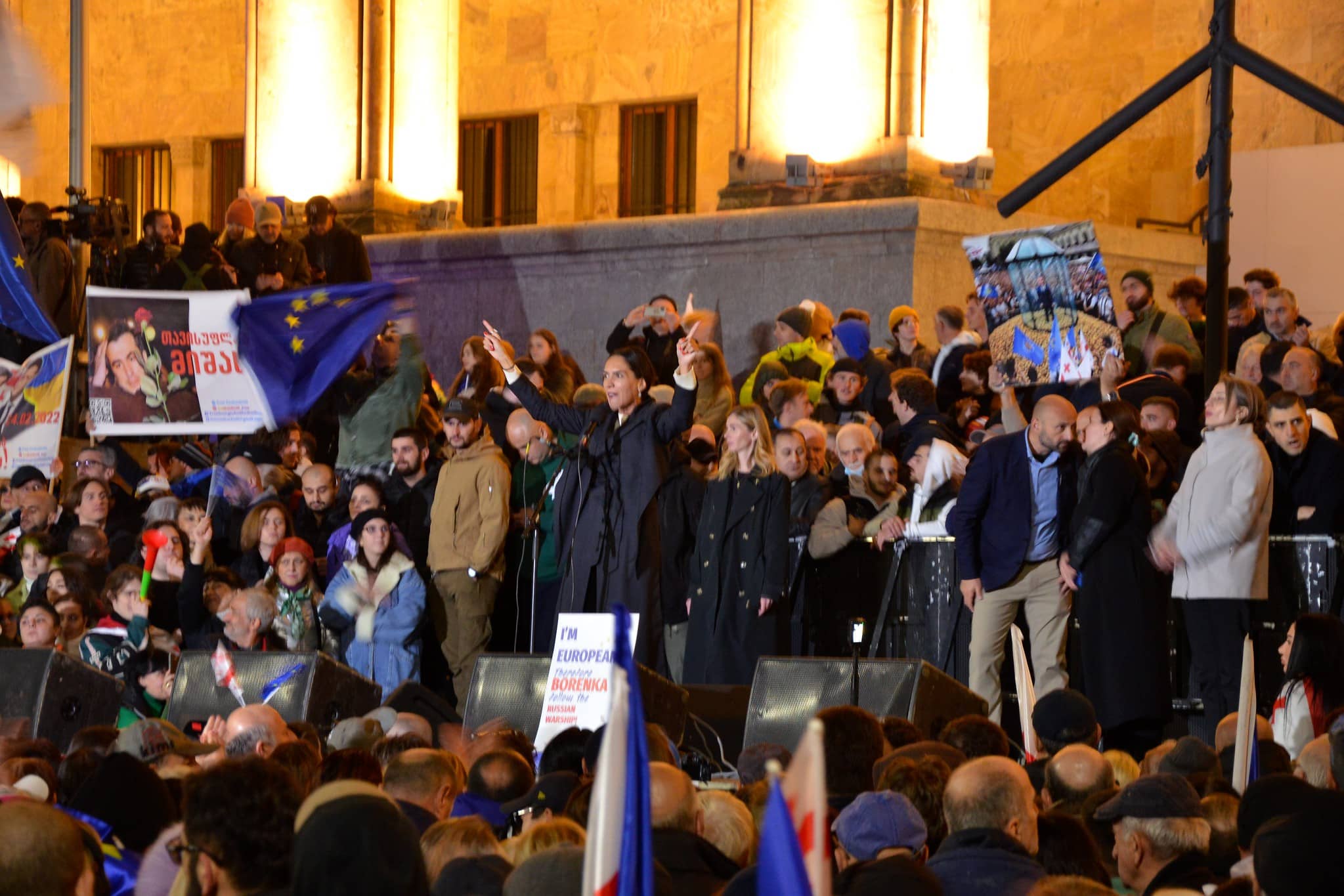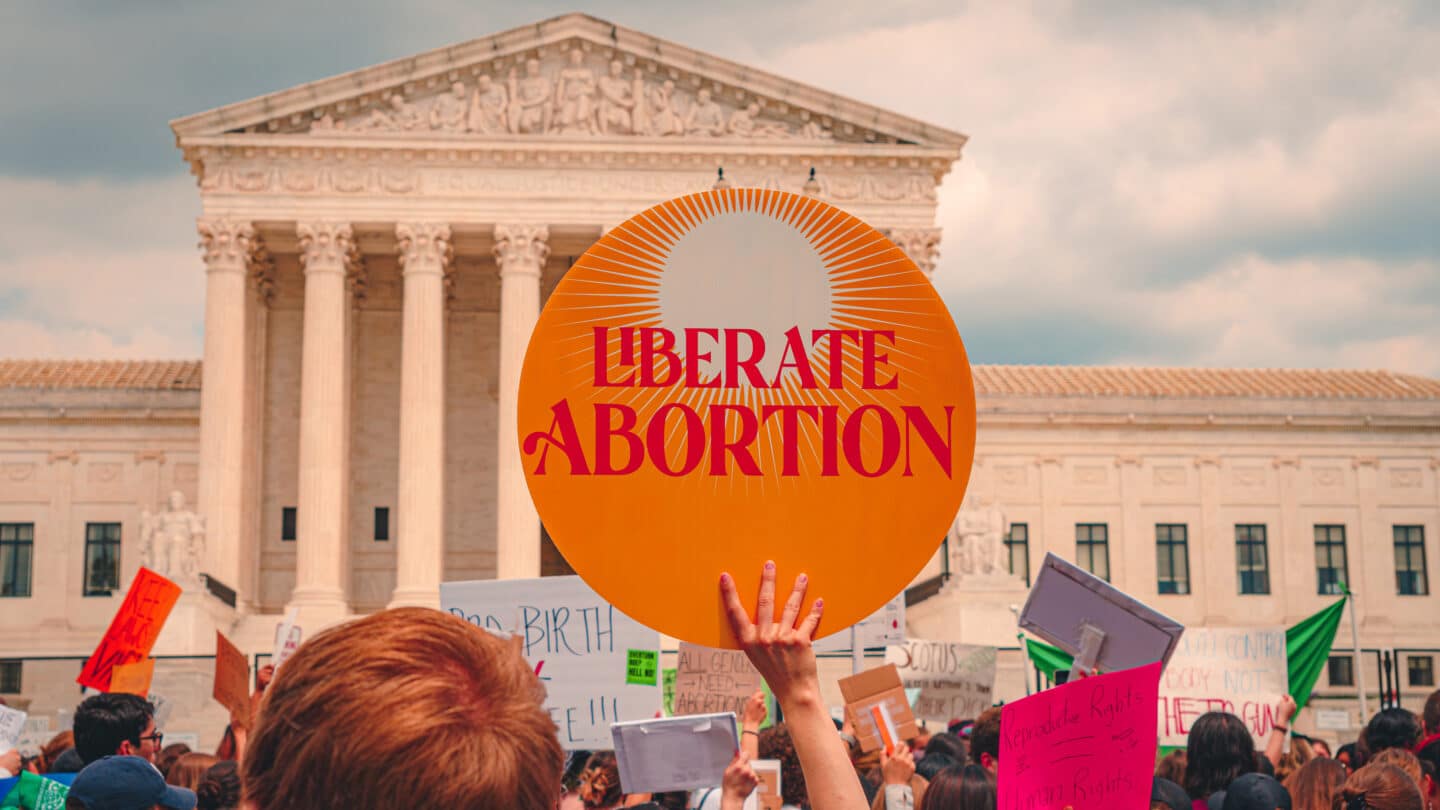In response to the Stoffer/Verhoeven motion asking the cabinet for a Russia strategy, Minister Blok sent a letter to the House of Representatives in December. The letter more or less confirms the strategy the cabinet already adopted towards Russia in 2015, and in principle sees no reason to deviate strongly from it. The emphasis is on "pressure and dialogue" used in combination to force Russia to "respect the international rule of law and the European security order. The strategy seems mainly focused on timely and adequate responses to actions taken by the Kremlin. But it would be good to look beyond that, and look for a more proactive long-term vision.
The strategy
The government intends to continue to hold Russia accountable for its obligation to cooperate fully with the MH17 investigation. It is committed to protecting and defending national interests and security, including those of partners and allies. Sanctions remain in place, and the cabinet intends to continue raising human rights violations in Russia. At the same time, the cabinet is committed to dialogue with Russia - where possible - and intends to continue to seek "functional cooperation based on common interests. This particularly in the areas of security, economic cooperation, energy, and 'people to people' contacts in culture, science and education.
In terms of substance, there is little to criticise about these focal points. The emphasis on strengthening Russia's own security and that of its partners speaks for itself, given the direction Russia has taken in recent years. Keeping communication channels open is also a logical choice: a completely isolated Russia is even less predictable, and therefore in nobody's interest. But what is striking is the restrained and reactive nature of this Russia strategy. It seems mainly focused on being able to respond in a timely manner to threats - or other developments - from Russia. This is indeed important, but it would be better if it was paralleled by a more directive, proactive approach.
Action vs reaction
Russia's fairly authoritarian and highly centralised political system has for years enabled the Kremlin to act quickly at crucial moments. The Euromaidan revolution in Ukraine was hardly over or Crimea had already been annexed. While the US government apparatus was still in doubt about what to do with signs of Russian interference in the 2016 elections, it was actually already too late. While the Western international community had not yet fully figured out how to deal with the civil war in Syria, Russia had already boots on the ground.
With only reacting to what the Kremlin does, we will always be a few steps behind. And that is what I missed in Minister Blok's letter: a vision of a proactive, longer-term strategy on Russia. The main goal should not be to respond to unexpected developments as best we can. The goal should be to ultimately create a totally different situation that is better for our interests and security, and take the steps that will get us there.
This is obviously not an easy task, but there are a number of elements to consider that can be part of it.
More engagement
For years, President Putin complained about Western "interference" in Russian politics and society. This would mainly be through Western support to human rights organisations and other NGOs, journalists, independent pollsters, etc. The Kremlin also took active steps to curb this 'interference'. Laws were passed making it virtually impossible for Russian organisations to cooperate with Western partners. And we, from the West, have therefore slowly moved away from Russia. The voice of the critical part of society has become increasingly weak partly because of this - but also because of active repression from the state. One after another, critical organisations are closing their doors. Journalists and opposition politicians are besieged and sometimes even murdered. Many emigrate. And so today there is very little left of Russia's once vibrant pro-democracy community. It is time to note that it was a big mistake to give up our ties with the democrats in Russia without a fight. No Russia expert believes that Putin will of his own volition curb his power, and democratise his country. The only way his regime could ever change, or better still, give way to a more democratic alternative, is through immense internal pressure. But with such a weakened civil society and opposition, that pressure will either never materialise or, much more dangerously, erupt into unguided popular anger when the conditions are right. The next few years will be exciting: in 2024 Putin's last term in office expires, and preparations are already under way for various scenarios in which he could retain power.
And so the task is to rebuild our presence in Russia, to give more support to critical voices and to strengthen as much as possible the capacity of activists and organisations fighting for more human rights and democracy. This is no easy task in a country where you are classed as a "foreign agent" if you receive money from the West or even commit to "changing state politics". But with a little political will and creativity, a lot is still possible. Think more exchange visits, meetings and seminars just across the border in the Baltic states or elsewhere, more communication channels through which the Russian democratic opposition and activists can directly address the decision-makers can speak in The Hague or Brussels, and more.
The Kremlin vs the people
Given the Kremlin's almost complete control over the Russian mass media and the great influence of its propaganda, it is also important to get the message out as much as possible that while we are troubled by the Russian leadership's actions, we keep the doors open for ordinary people. While sanctions against many Russian state officials rightly remain in place, we could at the same time make it easier for 'ordinary' Russians without ties to the regime to travel to or study in Europe. An opinion poll last year found that for the first time in a long time, more than half of Russia's under-25s want to leave the country. According to the researchers, this is due to a "deteriorating economic and political situation" in Russia. Give these young people a chance to learn about a different kind of political system and society, and you will build like-minded, democratic allies within Russia in the longer term.
Energy
An important aspect of our relations with Russia is energy. Many EU countries are highly dependent on Russian gas, or its transit. Russia uses its dominant position in the energy market to exert political influence. This is another reason why making the whole of the EU more sustainable and thus energy independent from Russian oil and gas should be a higher priority, also as part of a Russia strategy. The Netherlands is well placed to play a prominent role in this with Eurocommissioner Frans Timmermans and the New Green Deal he is championing.
Where Minister Blok's letter focuses mainly on diversification of sources, the emphasis should be on a full switch to renewable energy sources for the whole EU. As long as the gas and oil market still plays a role, Russia will remain competitive and thus more attractive to some EU member states. Only when fossil fuels are off the table will Russia's energy influence be completely neutralised.
A long breath
These are just a few possibilities with, admittedly, snags. But the main point is that we need to realise that any Russia strategy is one of a long haul, as Putin's Russia is unlikely to change in the near future. And it would be good not only to think about which direction Russia is heading and be prepared for it, but also which direction we want Russia and Europe to go out, and then do whatever it takes to get there. The alternative of wait and see and react has not gotten us very far so far.
Photo: Pixabay





